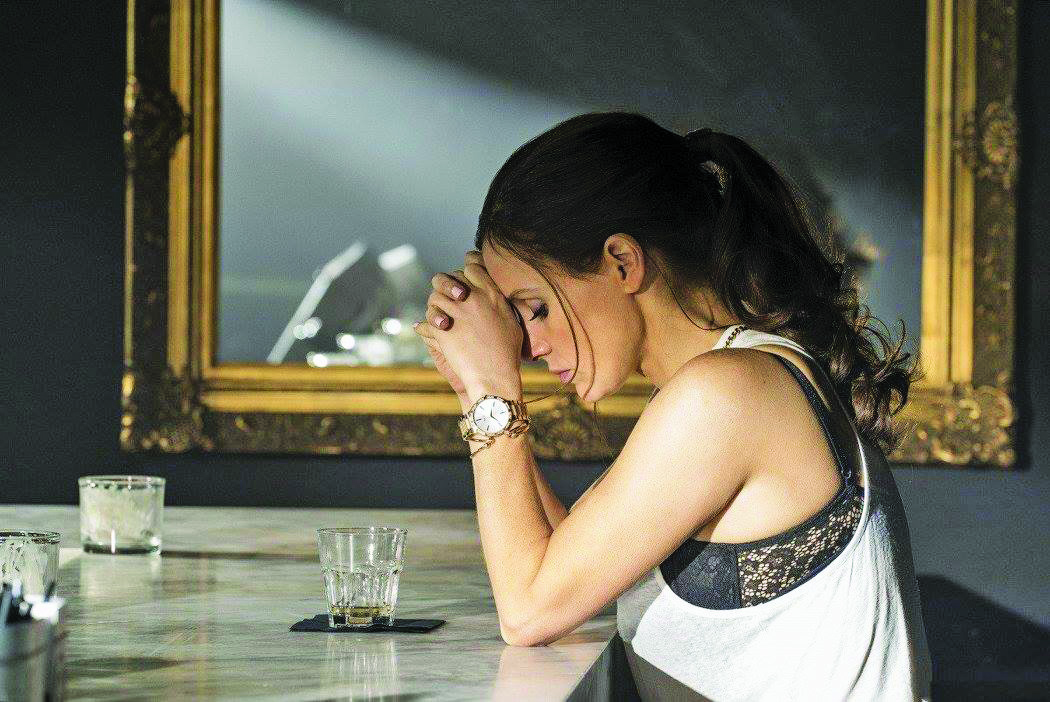Recalling “Dude” Lebowski’s habit of laying on the floor and listening to cassette tapes of the sounds of bowling tournaments in the 1998 film The Big Lebowski, one wonders if he’d be a fan of Aaron Sorkin scripts. Debuting as director in Molly’s Game, the eminent screenwriter (Moneyball, etc.) uses Oliver Stone/Martin Scorsese-style visual overload to accompany all of the endless proactive talk.
In this film based on her memoir and its aftermath, Molly Bloom (Jessica Chastain) is a beautiful woman in peril from the law, because of the ultra-high-stakes gambling parties she ran in Los Angeles and New York. Movie stars, hedge fund managers and Russian mafia rubbed shoulders and lost fortunes, before squealers and the feds ruined the game.
Such a woman sounds like a sport. Sorkin won’t have that, laying down several inches of dramatic mortar showing us that compulsion, bad luck and poor parenting resulted in Bloom’s alleged crimes. Her debonair lawyer Charlie Jaffey (Idris Elba, squandered) tries to wring the truth out of this stubborn client, insistent on her as a victim of circumstances.
Molly’s Game has a repellant counterpoint under its magazine-cover feminism. It suggests that women are smarter, and that’s why we men have a duty to mold them. Who will crack this brittle woman first—either Jaffey, the lawyer who acts like a shrink or the actual shrink who sired her?
If only Molly’s Game allowed Chastain a less bulletproof, more human touch to the role, instead of this all-you-can-stand buffet of Type A, whip-smart dialogue. Sorkin as director shows what an Aaron Sorkin script looks like before someone takes a red marker to it. Below and above everything in Molly’s Game is the dialogue. Except for speculation over whether one of the unidentified celebs at the poker table is supposed to be Tommy Wiseau, there’s not much to the movie but the words.









